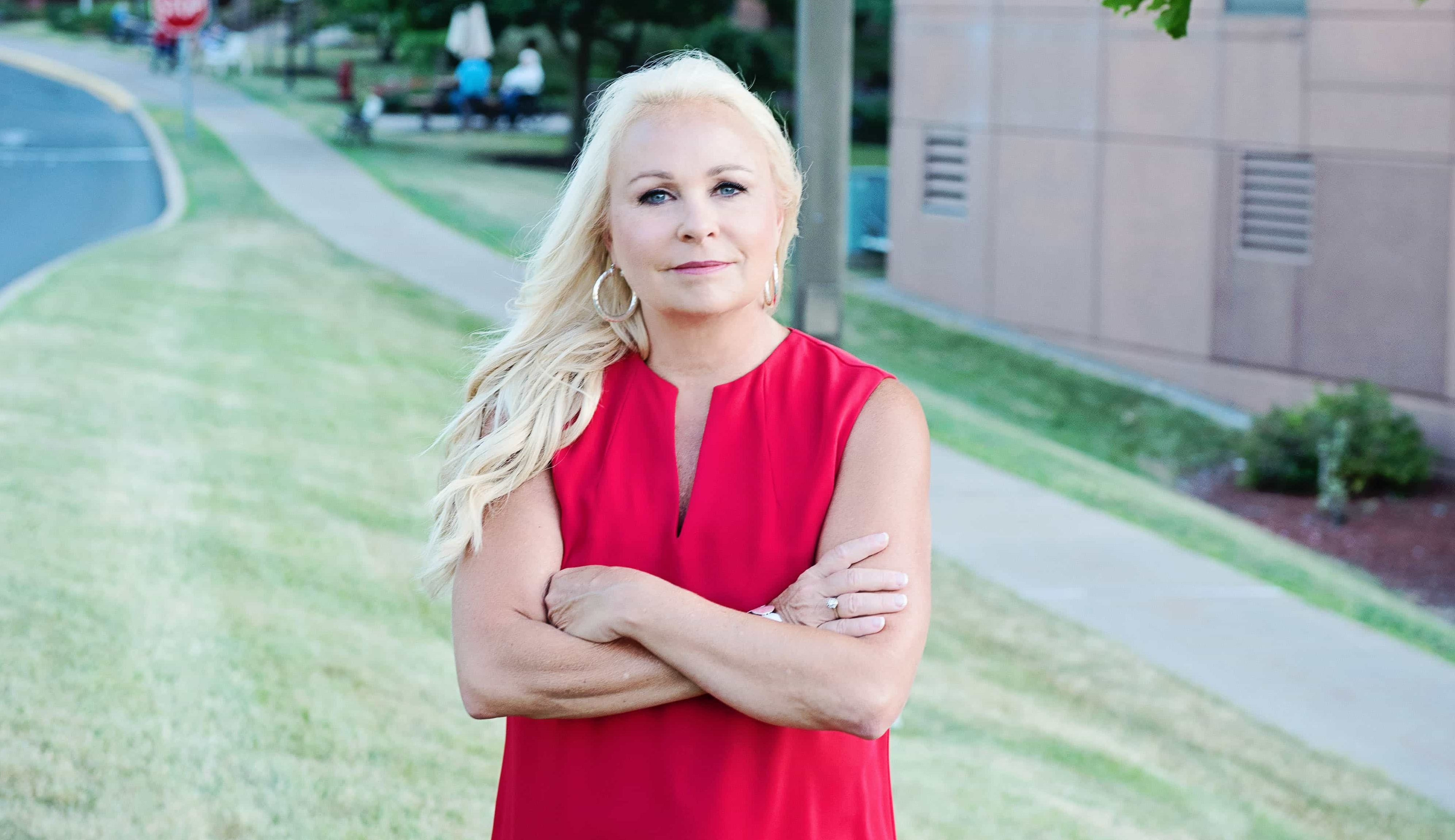Honesty is the Best Policy
In my experience, I have found people can live through anything if they feel seen and heard and feel that they have been communicated with honestly. I’ve also learned first-hand in the past several weeks that misinformation spreads at a much faster rate than the truth.
While speaking the truth may not come without challenges – it’s always worth it. Organizational honesty is one of the concepts I discuss in my new book, Lessons in Lifecircle Leadership. It’s so important, to tell the truth even when it’s hard. Your words may get taken out of context, and that’s the downside – sometimes it hurts, sometimes you’re misunderstood – but despite that, it’s still the right thing for leaders to do. That’s how you become a trusted resource with your employees and your community.
Being a trusted resource is especially important in challenging times. As I mentioned, misinformation spreads at a much faster rate than the truth online. And if that happens, you want people to feel comfortable coming to you and trusting what you have to say. I have a very recent, personal story that exemplifies this point.
It’s no secret that organizations like Loretto are particularly vulnerable to COVID-19. One of our nursing homes is located in Cayuga County, which experienced a significant rise in COVID-19 cases in December. Unfortunately, it was only a matter of time until that outbreak made its way to our residents and staff members.
We had started seeing cases early in December, and a couple of weeks later, we had several cases. Fortunately, just before Christmas, we were able to begin offering COVID-19 vaccinations to our residents and staff at that site. As many of you probably know, the vaccines currently available require two doses, a few weeks apart. You only build-up to full protection from the virus up to 14 days after you’ve received the second dose of the vaccine. For many in this particular location, the vaccine came too late. We ended up losing a number of our residents to the outbreak – and the timing of the outbreak and the announcement of our vaccinations beginning was enough for the rumors to start to spread.
Assuming that the outbreak began after we started offering the vaccine, an obscure web site took a local article about the increase in deaths at the site and manipulated it to promote that the vaccine causes those deaths. It was blatantly false – there was no truth to it. But, given the hunger for news about the vaccine and its safety, it spread quickly to national and even a few international media outlets. We felt it was spiraling out of control, and it created fear and uncertainty for our staff and families.
Our response was to fight the misinformation with facts on several fronts, both working with our trusted local media and proactively communicating to staff and family members with the essential facts.
Thanks to my team, and a dose of honesty from a local media outlet, truth prevailed, but it was a challenge. In the weeks leading up to the vaccine distribution, we focused on educating our staff with facts surrounding the vaccine from reputable sources – that information and our transparency about the vaccine were a tremendous asset as the misinformation was circulating.
The bottom line? In every relationship, work or personal, honesty is always the best policy.
PS – If you’re interested in reading more about my thoughts on organizational honesty and a wealth of other practical leadership information, please check out Lessons in Lifecircle Leadership, which was just released as an eBook last week!

